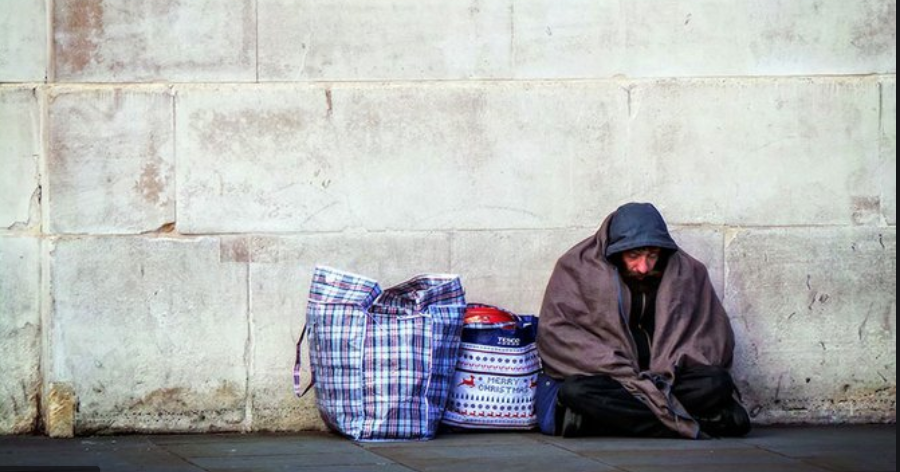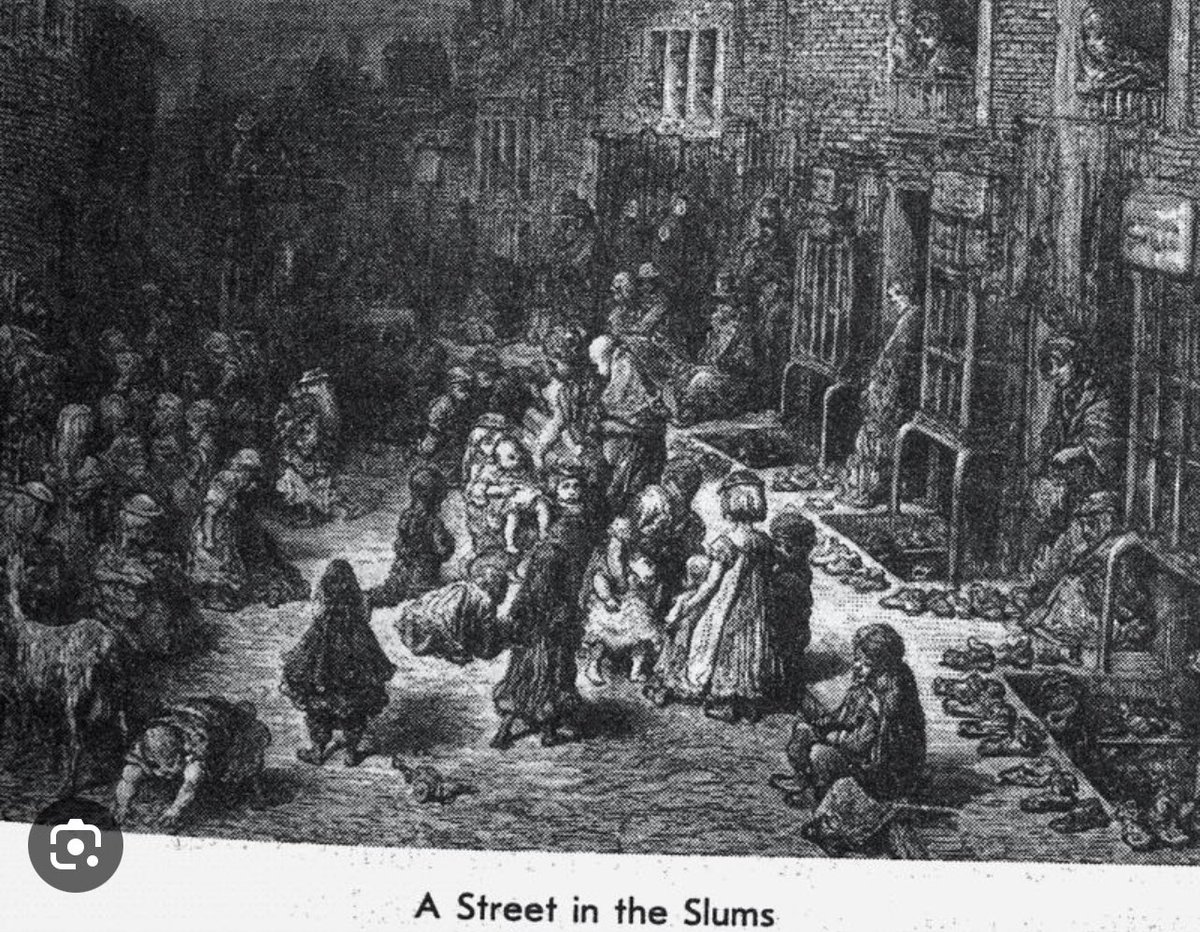The £20 benefit cut next month will reduce incomes of claimants less than 25years by 18% and >25 by 15%. Add in the effect of 2.5% inflation. Food bank use is up by one third in a year with one million parcels being given to children (1) 

Destitution rates ("going without the essentials we all need to eat, stay warm and dry, and keep clean") have more than doubled since 2019 to 1 in 67 households...with rates as high as 1 in 17 HHs in the North West. (2) 

We may expect to see 4-5 million people suffering periods of destitution this winter based on Joseph Rowntree figures from 2019, with unprecedented levels of hunger and food poverty. (3) 

There is no lack of food in the UK, just lack of access to food. Amartya Sen showed in the Bengal famine that killed 2-3 million people in UK controlled India how price rises allowed people to starve when warehouses were full of grain. (4) 

Rishi Sunak, the Chancellor, is reported to be the richest MP in parliament with a property portfolio of £200 million. His wife owns shares worth nearly £500 million. He has no right to take decisions to make many of our citizens destitute and hungry. (5) 

If the government goes ahead with these cuts to universal credit it will create enormous stress, suffering and hunger among thousands of households across the country. Goodbye to 'levelling up'. We are a rich nation. We can do better than this. (6) 

• • •
Missing some Tweet in this thread? You can try to
force a refresh



















